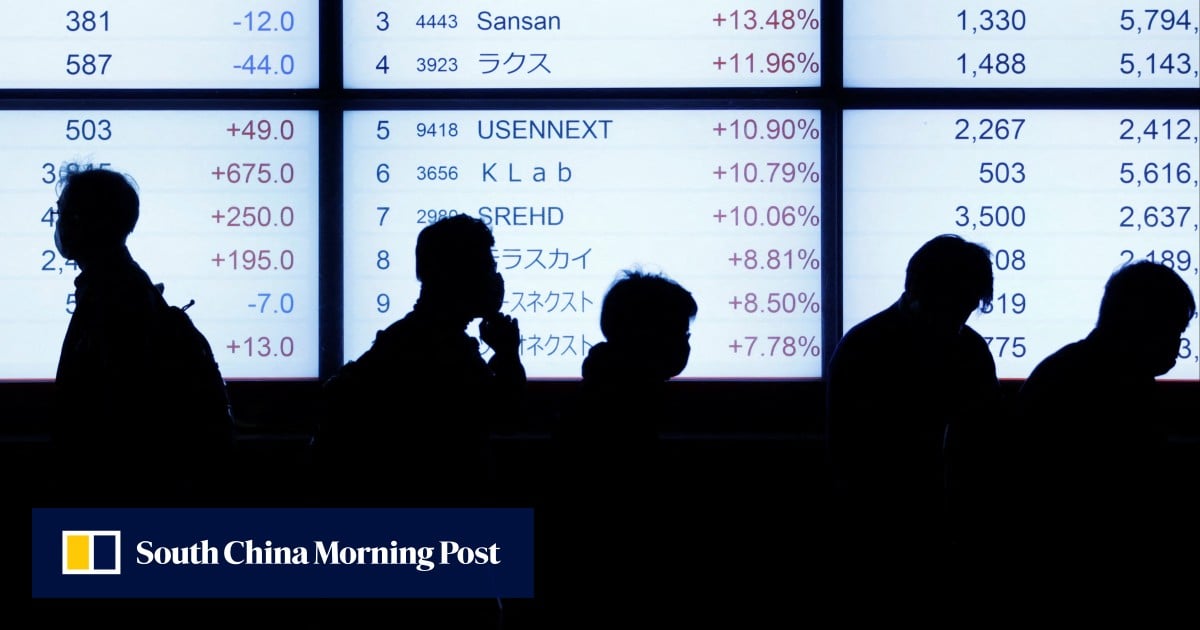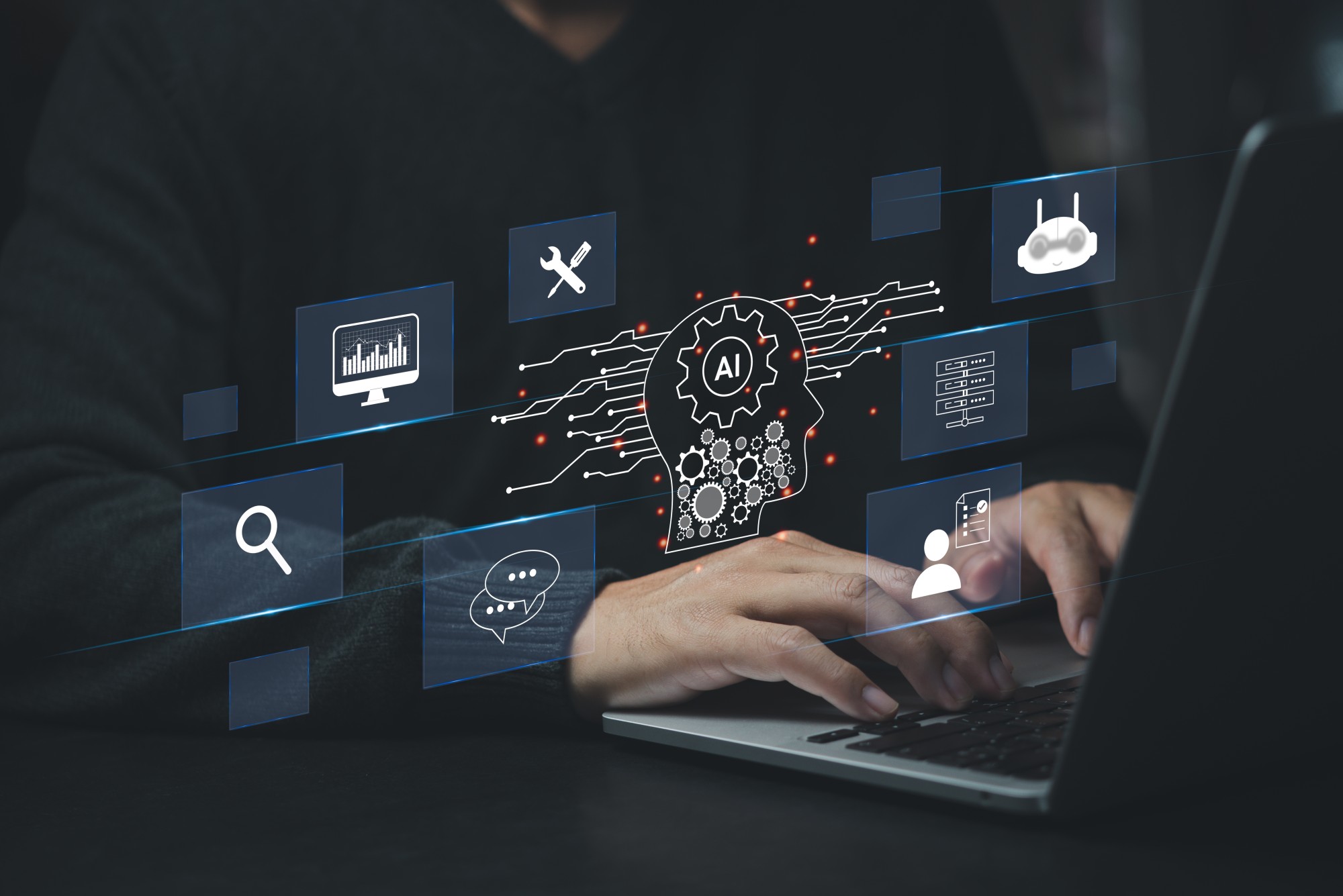
16 Jan Existential threat: Asia-Pacific CEOs uncertain about long-term survival as they fear business reinvention may fall short, PwC says
Nearly two-thirds of Asia-Pacific CEOs are not confident in the long-term survival of their company despite an overwhelming majority of leaders taking measures to reinvent their business models, according to a survey by PwC.
The lack of confidence was most evident among CEOs in mainland China, Hong Kong and South Korea, as they have been confronted with heightened exposure to geopolitical tensions and economic headwinds from their trading partners.
Uncertainties like inflation, geopolitical tensions and a weak macroeconomic environment have led 97 per cent of CEOs to take proactive steps to pivot their business models, the consultancy’s 27th annual global CEO survey released on Tuesday showed.
While these efforts have helped business leaders curb short-term risks, confidence is lacking. Some 63 per cent of CEOs in Asia-Pacific said they are uncertain about the viability of their business over the next decade – 10 per cent higher than the previous year and 18 per cent more than the average for CEOs globally.

“Our CEO survey this year serves as an urgent and powerful call to intensified action towards business reinvention,” said Raymund Chao, chairman of PwC Asia Pacific and China. “Persistent geopolitical conflicts and inflationary worries, among other challenges, have really dug in, amplifying the risks and constraining growth in Asia-Pacific.”
Asia-Pacific CEOs still consider the US and mainland China critical to their growth prospects, with the proportion of regional executives looking to invest in these two markets over the next 12 months increasing by 10 per cent and 3 per cent, respectively, according to the survey.
Technological shifts, such as the rise of generative artificial intelligence (AI) and climate-related issues are increasingly demanding CEOs’ attention, according to the survey, which pooled more than 4,700 CEOs worldwide from October to November last year.
Nearly a third of the respondents were with companies in Asia-Pacific. Some 30 per cent of the companies generated revenue of US$100 million or less, while 42 per cent had sales of up to US$1 billion.
The survey also found that 68 per cent of regional CEOs were taking steps to decarbonise their business by actively enhancing energy efficiency, while just over a half were introducing climate-friendly innovations.
Implementing climate-friendly investments was said to be one of the biggest challenges to overcome because of the low economic return on such initiatives. Yet, 51 per cent said they had accepted lower returns for climate-friendly investments in the past year – which was 10 per cent higher than global CEOs.
Changes to the regulatory environment, shortage of workforce skills and supply chain instability were the top three barriers for Asia-Pacific CEOs to reinvention.
Some 41 per cent of CEOs surveyed by PwC admitted to not having adopted generative AI across their companies in the past 12 months.
“In a constantly evolving market, businesses must embrace a culture of continuous innovation to not only sustain their competitive edge, but also ensure long-term viability,” said Chao.

